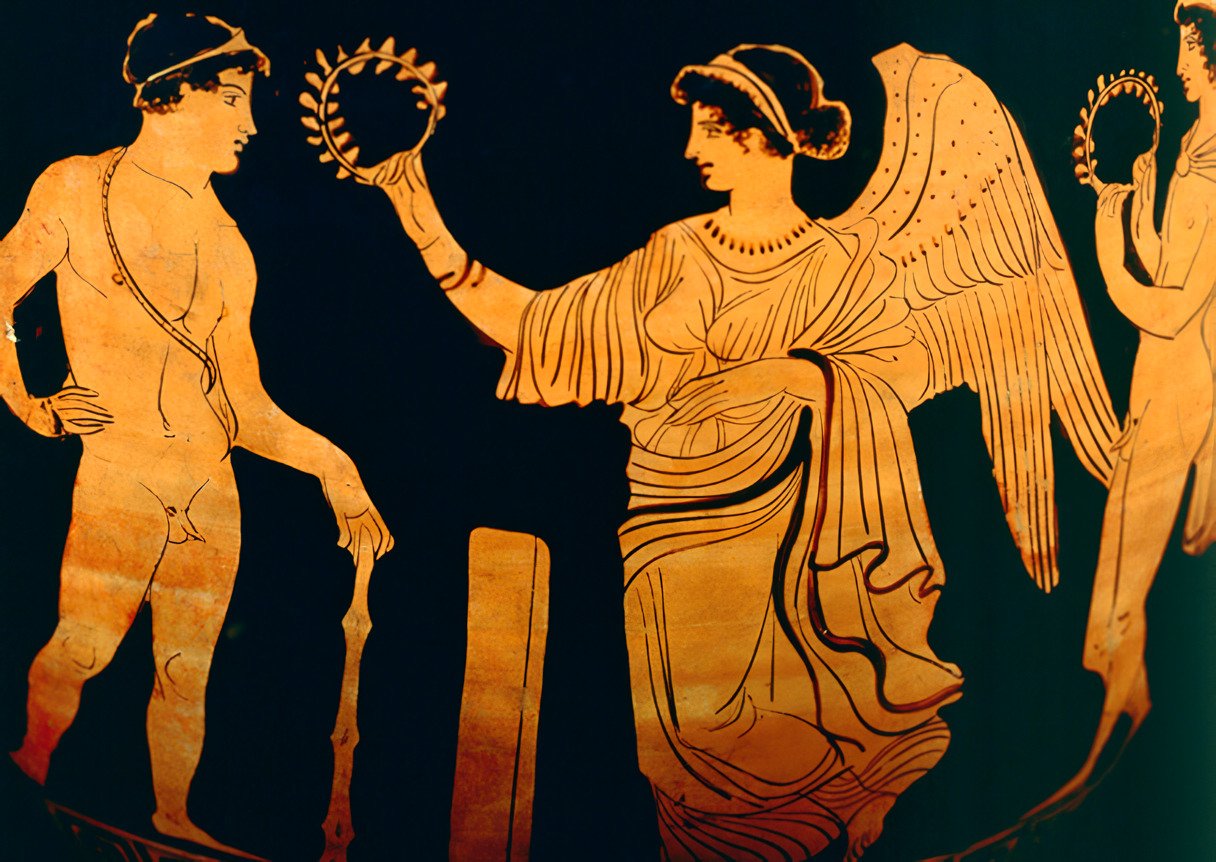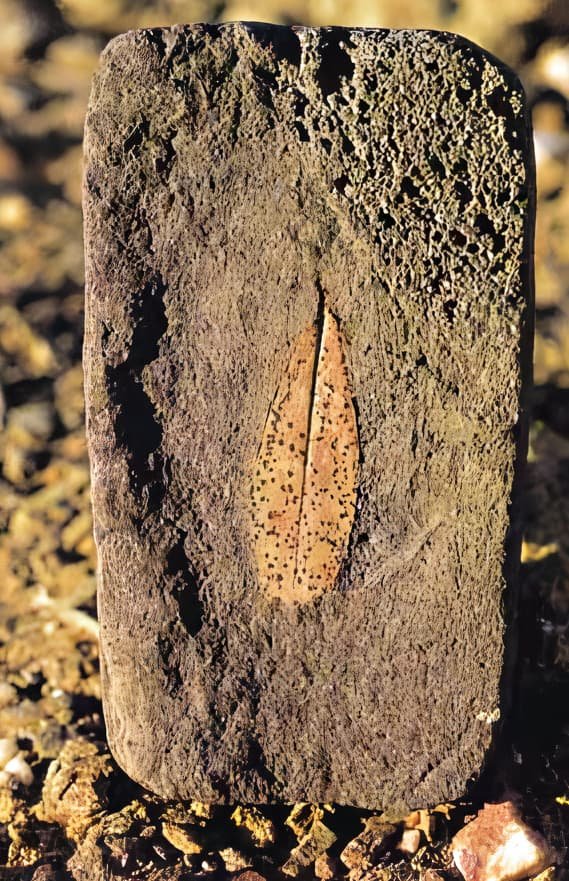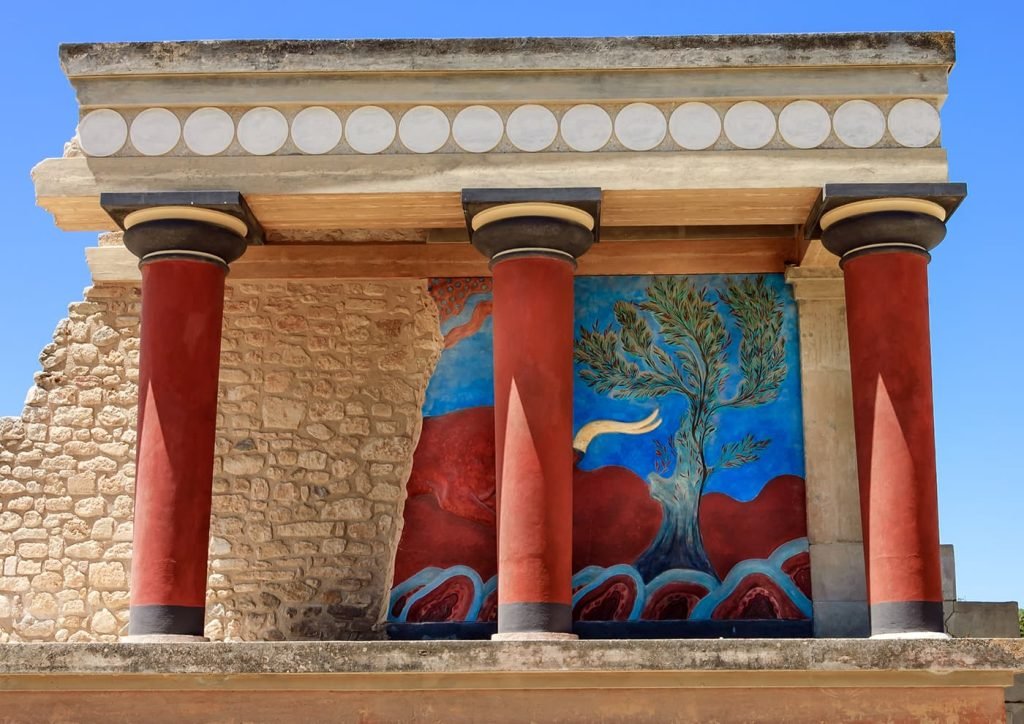The History of Olive Tree

Once upon a time in ancient Greece, there was a legendary competition between two powerful deities, Poseidon and Athena. They both desired to become the patron deity of the Kingdom of Attica, which is known today as Athens. Poseidon, the God of seas, used his trident to strike the ground and create a well of saltwater that provided the Greeks with a means of trade and water. However, the water was not potable. Athena, the Goddess of wisdom and justice, gave them the olive tree and all its many beneficial properties, including olive oil, a valuable commodity in ancient times.

Poseidon, knowing the tree’s value, challenged Athena, but Zeus intervened, and a divine tribunal of Olympian deities was formed to settle the matter. The king, Cecrops, sided with Athena, and in her honor, the new city was named after her. Displeased by the outcome, Poseidon attempted to destroy the tree with a thunderbolt, but to his dismay, it grew back. According to local legend, the original olive tree still stands at the ancient sacred site.
The famous mythological hero, Hercules, also has a connection to the olive tree. As a young man, he tore a wild olive tree from the soil of Mount Helicon and shaped it into a club that he used to slay the Lion of Cithaeron. After killing the lion, he wore its pelt, which is often confused with his first labor of strangling the Nemean Lion.
Another lesser-known mythological figure, Aristaeus, was the son of Apollo and the huntress Cyrene. Hermes took him, raised him on ambrosia, and trained him in the useful arts and mysteries of the Myrtle-nymphs. Aristaeus learned how to cultivate the wild oleaster and make it bear olives, passing his knowledge on to others and becoming a culture hero.
In ancient Greece, olive cultivation began in 700 BC, and the Greeks mastered the art of pressing precious oil from the fruit of the olive tree. Homer claimed that the ancient olive tree growing in Athens was already 10,000 years old. He also stated that destroying an olive tree was prohibited, and any such action would be viewed as capital punishment by the Greek court.

In 775 BC, at the site of the ancient Olympic stadium in Olympia, Greece, athletes trained and competed in their respective sports with the winners triumphantly acclaimed and crowned with a wreath made of olive twigs. The sacred lamp used in ancient Greek culture for lighting dark rooms at night was fueled by olive oil. Aged olive oil was also used in the sacred anointing rituals of the church at weddings and baptisms, a tradition still continued today.
Solon, an Athenian reformer and poet, encouraged the cultivation of olives in his economic reforms and prohibited any other produce from being exported. Since 566 BC, the famous Panathenaic Games have been held every four years in Athens, celebrating the honor of the goddess Athena. During the games, religious festivals, ceremonies, cultural events, and competitions were held. The winners received an amphora filled with olive oil produced from the sacred olive fields of Attica.
Herodotus wrote in 500 BC that only virgins and eunuchs were allowed to cultivate olive trees because growing and exporting olives and olive oil were considered sacred. Archaeological studies prove that Greece has been producing high-quality olive oil for more than 4000 years, with the first documented plantings of olive trees predating the discovered Mycenae olive fossils by about 1100 years and believed to have occurred on the island of Crete by the Minoan civilization.
The tradition of cultivating olives and producing high-quality olive oil continued in Greece. Today, Greece is still one of the world’s leading producers of olive oil, and the olive tree remains a symbol of the country’s rich cultural heritage and traditions.
Check out our iwc replica selection for the very best in unique or custom, handmade pieces from our watches shops.
Browse our collection of Patek Philippe replica watches, which include popular models like the Aquanaut and Nautilus.


Comments are closed.